Perfume Industry, Diversity, and Becoming a Perfumer
I continue the topic of perfume industry professions. I receive many questions and most of them are similar, so I decided to record a follow-up video. This episode addresses questions from people interested to become perfumers but worried about diversity and not being able to fit in. I’ll explain based on my own experiences and offer several practical suggestions.
This topic is certainly vast, but I hope to touch upon a few key issues. The main idea I would like to reinforce is that the fragrance industry is open to anyone who is passionate, curious, and motivated. I don’t come from a perfumery background. I don’t even come from a country where perfumery is a viable profession. I had no connections to the industry. Yet, I managed to enter it, learn, and create my own niche in it.
If you have any questions, please let me know in the comments. I also recommend taking a look at Things to Consider if You Want to Become a Perfumer.
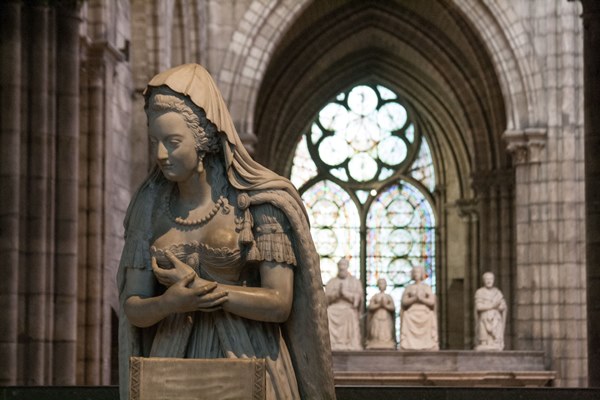
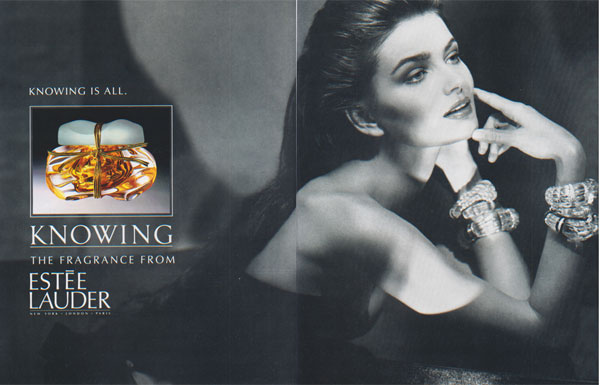



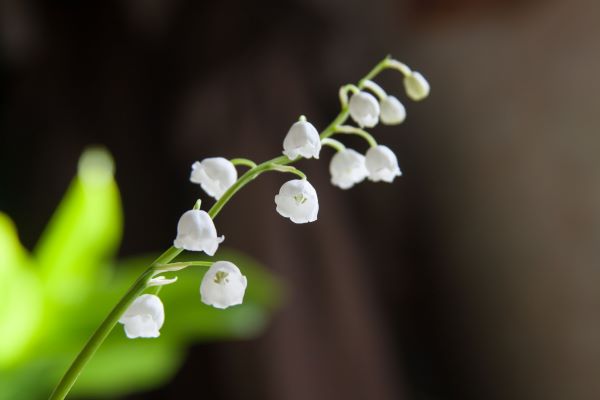
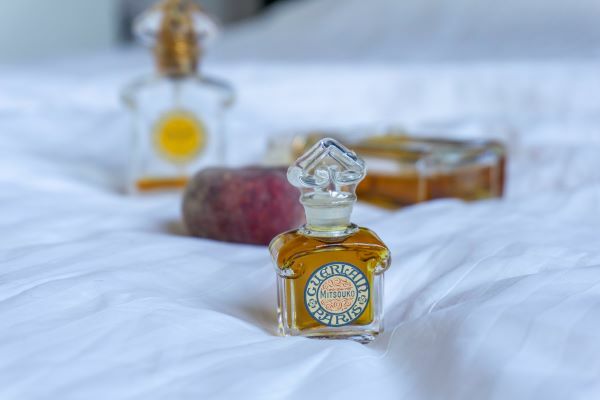








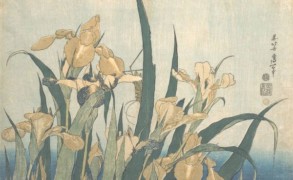
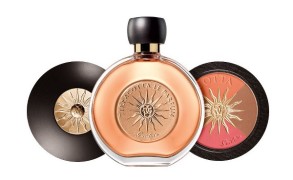
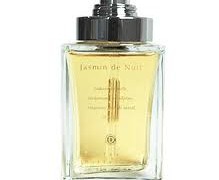
Aurora in Recommend Me a Perfume : April 2024: I don’t think they differ widely in scent, the EDT is punchier and a bit brighter in the top notes and the EDP clings more to the skin and lasts… April 26, 2024 at 2:27pm